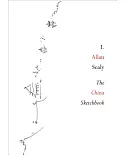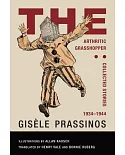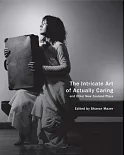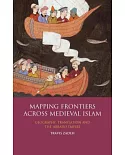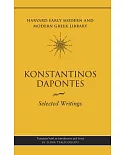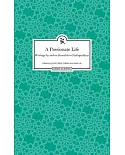For many years the domain of specialists in early Latin, in complex metres, and in the reconstruction of texts, Roman comedy has only recently begun to establish itself in the mainstream of
Classical literary criticism. Where most recent books stress the original performance as the primary location for the encountering of the plays, this book finds the locus of meaning and
appreciation in the activity of a reader, albeit one whose manner of reading necessarily involves the imaginative reconstruction of performance. The texts are treated, and celebrated, as
literary devices, with programmatic beginnings, middles, ends, and intertexts. All the extant plays of Plautus and Terence have at least a bit part in this book, which seeks to expose the
authors' fabulous artificiality and artifice, while playing along with their differing but interrelated poses of generic humility.


